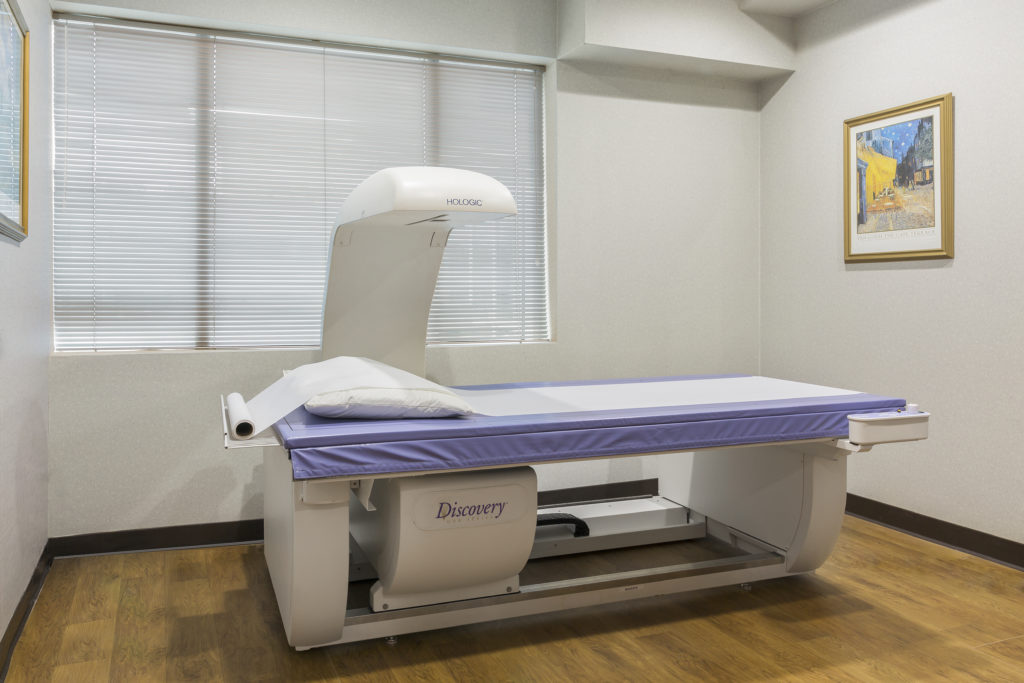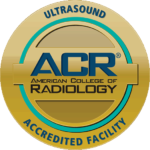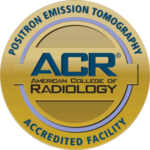
Bone densitometry, also called dual-energy X-RAY absorptiometry or DEXA, uses a very small dose of ionizing radiation to produce pictures of the inside of the body (usually the lower spine and hips) to measure bone loss. A bone density scan is the only test that can diagnose osteoporosis. This test helps to estimate the density of your bones and your chance of breaking a bone.
The National Osteoporosis Foundation (NOF) recommends that you have a bone density test if you are a woman 65 or older, you break a bone after age 50, you are a woman of menopausal age with risk factors, or you are a postmenpausal woman under age 65 with risk factors. Men aged 50-59 with risk factors may also benefit from a bone density scan.
If you meet any of the aforementioned criteria, you should talk to your doctor or other healthcare providers about getting a bone density test if you have never had one.
Additional Resources
Department of Health and Human Services (HHS)
American College of Radiology (ACR)















